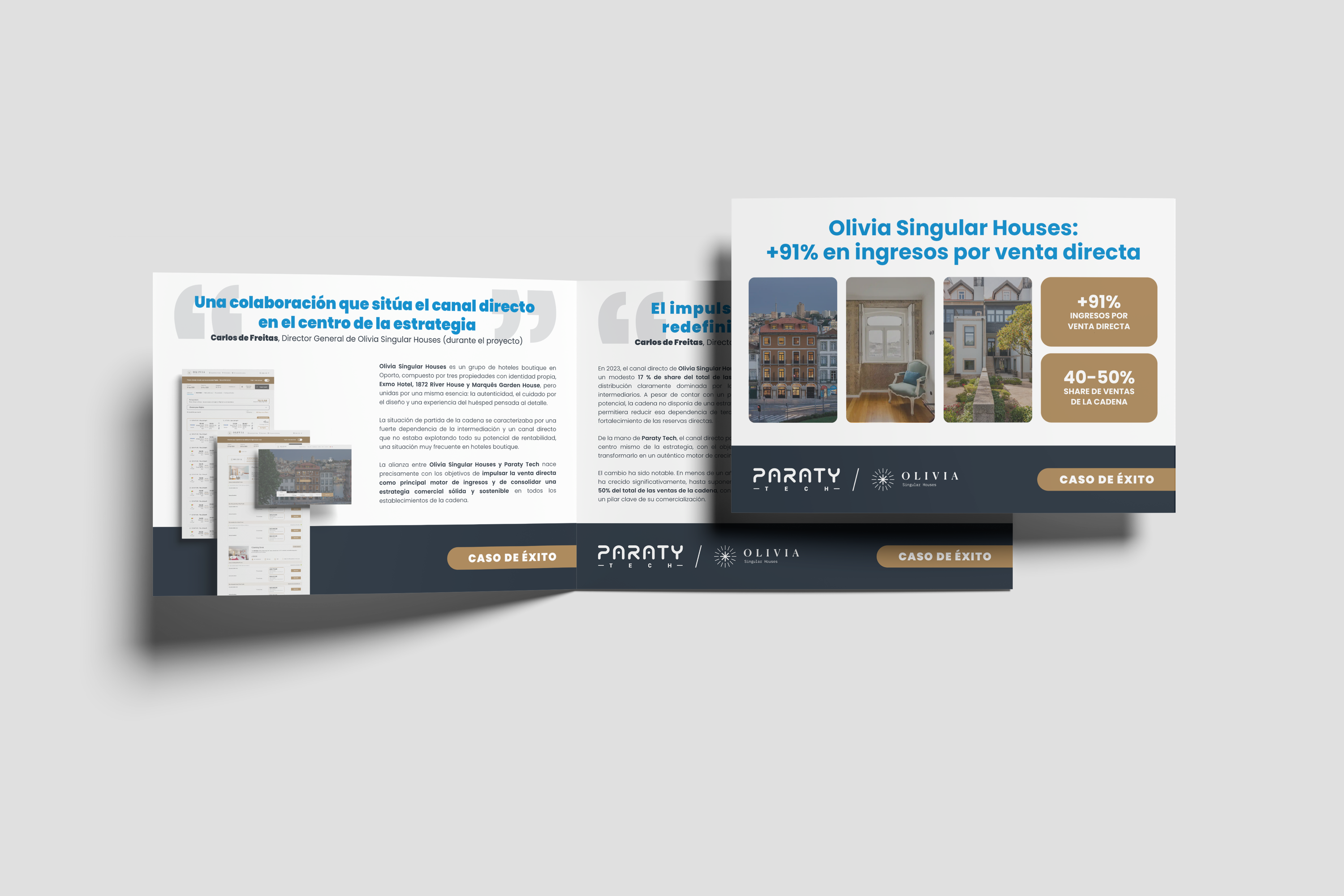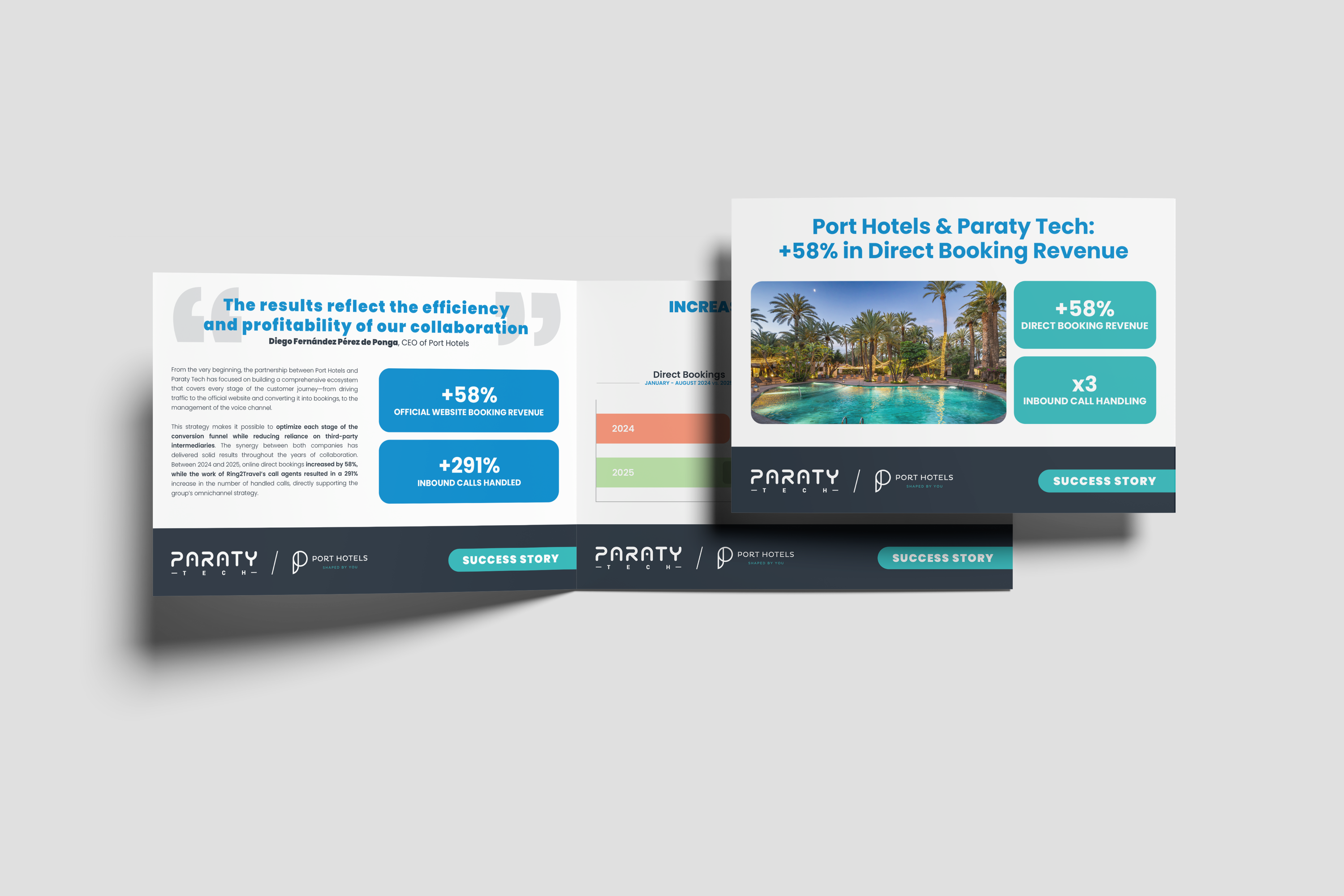Why does Booking keep growing and how can we avoid it?
Marketing 13/10/2021Opaque disparities, Genius program, virtual wallet, maximum flexibility in your cancellation policies and the most powerful marketing. Hotels are unknowingly facing the perfect storm. We are talking about Booking.com, your best frienemy.
That the pandemic has given an important boost to direct sales is unquestionable. Guests, immersed in uncertainty, have opted for veracity and non-mediated information. For trust, ultimately. And, in most cases, the direct channel has been able to respond very well to this demand for security and closeness. In fact, communication is probably the biggest success for hotels when it comes to their crisis management.
The consensus in this regard seems widespread, and we have not stopped coming across statements along these lines. The data that we handle confirms this as well. But it is a half-truth, which offers multiple readings, and perhaps the time has come to open Pandora's box.
The reality is the following: although the direct channel has grown, Booking.com has grown even more , which allows it to currently enjoy a greater share of the distribution pie (we have seen cases in which it exceeds 80% of the total) than it was entitled to in the pre-Covid19 era. Unfortunately, this situation is more in line with the feedback we receive from our clients when we meet with them behind closed doors. Happy and restless in equal parts.
The worrying thing is that, if Booking.com continues to grow, and the tour operation is reactivated, where will direct sales be? It is time to act. We must focus our efforts on identifying what we can do to curb this growth, divert a greater percentage of sales to the direct channel and maintain that positive trend that we alluded to earlier, which remains to be seen if it is here to stay or is nothing more than a mirage in the viral desert.
What´s going on?
As we already anticipated in the article "Booking.com kicks off 2021 with a strong footing", published last March, the OTA continues unstoppable in developing actions aimed at attracting new customers and retaining those who have already fallen into their networks. Let's recap some of the ones we've detected to date:
- Reservations without risk
- Make non-refundable rates flexible
- Difficult to detect by the client
- The algorithm decides whether to activate it or not based on demand
- The hotel has a guaranteed reservation
- Booking.com is responsible for covering the gap in case of cancellation
- Another door open to price disparities
- Its random nature makes the work of the hotelier difficult
- It can be easily deactivated from the extranet
- Early Payment Benefit
- Discount system to solve disparities
- The OTA compares the price with other channels before applying them
- Camouflaged behind a discount for early payment
- It always seeks to offer the best price online
- Online payments must be activated on the extranet
- BookingBasic
- Booking.com offers third-party inventory if they have a better price
- They are companies in their group, such as Agoda, Priceline, etc.
- It now shows as "Offer from a partner"
- Orange and black have been changed to soft bluish tones
- Genius
- Booking.com loyalty program to offer discounts
- Before, 3 reservations were necessary to access
- Now it's easier, with direct access promotions
- It can be activated temporarily: by registering or logging in, for example
- It has an added problem, the virtual wallet, which allows you to add money with each reservation with Booking.com for future stays
- The wallet works like another loyalty program
- "Snowball" effect: more and more people are hooked
- Offers by devices and other variants
- Offers displayed only on a certain device
- Especially common on mobile devices or in the App
- It is also common to activate it for specific dates and/or time slots
- Geolocated offers
- Offers that attend to the geographical location of the user
- Agreements with companies
- Banks, energy and fuel companies, supermarkets, etc.
- Very opaque offers, difficult to detect
- Only accessible to partner customers
- The Non-Refundable ones are not charged at the moment, so the treasury does not improve, nor is money received in advance as before.
- Charges via virtual card carry a cost (2%-3% depending on the bank).
- Collections via transfer are settled between the 1st and 15th of the following month.
- The probability of disparity increases, because Booking.com does have the money in advance, so it can afford to partially sacrifice its commission, in addition to taking the opportunity to implement features such as the aforementioned Early Payment Benefit.
- In terms of billing, if the guest requests an invoice from the hotel, they will be forced to invoice for an amount greater than the amount received.
- Discounts are not easy to spot because they are not always displayed, making it difficult to identify disparities.
- Open the "Establishment" tab
- Click on "Terms"
- Scroll until you reach the "Customer payment options" section
- Click on “Change / Add information”
- Select “No” when asked if you want to allow online payments
- Important: do not forget to "Save"
- If you want to keep the Reservations without risk program and Online Payments active:
- Bet on Semi-flexible rates. With our collection system, Paraty E-Payments, it will be easy for you to manage them.
- Offer discounts on the official website.
- Use an automated repricing tool like Parity Maker to take the worry out of disparities.
- Perform random manual reviews.
- Use resources that justify discounts, offering incentives for actions such as subscribing to the newsletter or retracting from abandoning the reservation process (retargeting).
- Implement a Loyalty Club, probably the best way to offer the best price in a more than justified way.
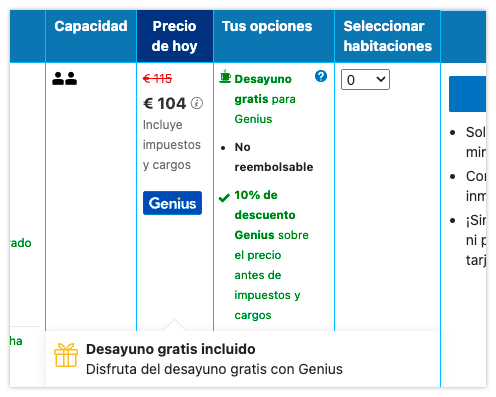
Another novelty: Free Breakfast for Genius


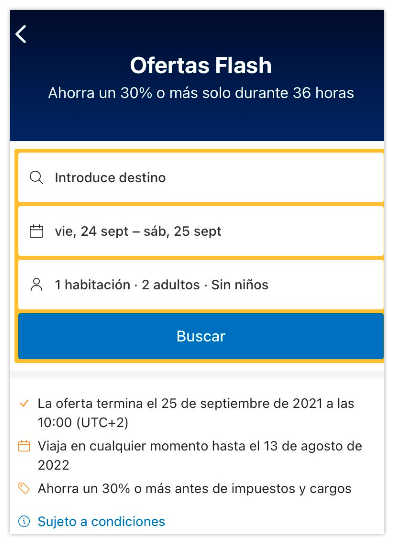

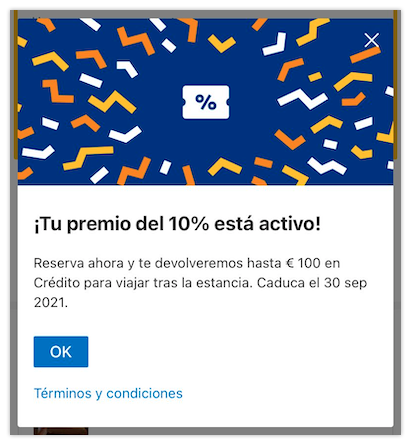
The key: disable online payments
The solution to many of these ills, and to others that have to do with Booking.com sacrificing its commission to take the plunge, involves something as simple as deactivating online payments through the extranet. Doing so negates the ability for guests to accumulate credit in the wallet and be able to redeem it on future bookings. This system, which, from our point of view, is the Trojan horse used by the OTA to unleash its piracy actions, triangulates the customer's payment, ceasing to be direct to the hotel, instead managing all the charges . Something that brings more inconveniences than advantages for the hotelier:
Steps to follow to deactivate online payments
The first thing is to make sure that this option is active, through the "Online Payments" option, within the "Administration" section of the Booking.com extranet. If so, we will do the following:
To the problems, solutions
Although, one way or another, Booking.com will find the way to continue obtaining the maximum profitability from its platform, there are certain recommendations that can be followed for some of the situations described:











